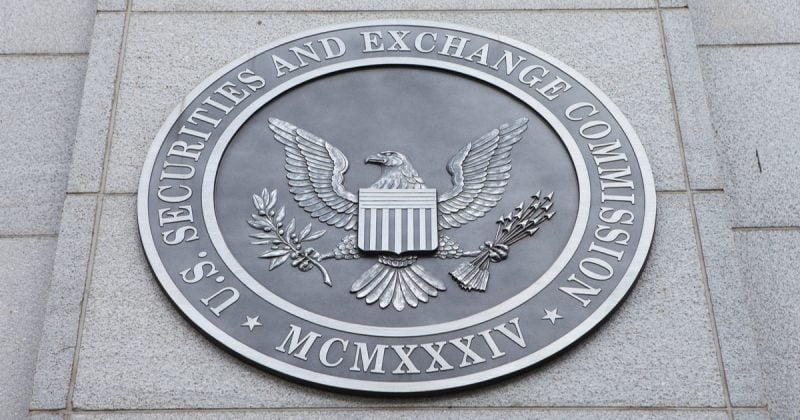
Crypto Projects Could See Three-Year Exemption to Securities Laws
Crypto projects get hall pass to BUIDL.
Blockchain projects could get a three-year exemption from U.S. securities laws to build decentralized networks, according to SEC Commissioner Hester Peirce’s latest safe harbor proposal.
Operating Under Regulatory Uncertainty
Cryptocurrency projects that sell tokens promising to build a decentralized network likely fall under the jurisdiction of U.S. securities laws. The Securities Exchange Commission (SEC) has repeated this stance both through public statements and high-profile enforcement actions.
Projects commonly navigate these restrictions in two ways. “Regulation D” exemptions, which restrict issuance to wealthy individuals, also known as “accredited investors,” and “Regulation S” exemptions, which restrict issuance to overseas investors.
Ultimately, both routes restrict the availability of tokens to end users and the public.
The SEC has also started ramping up high-profile enforcement actions. Block.One, the company responsible for launching EOS, was ordered to pay a $24 million penalty for its ICO. Telegram had its billion-dollar sale halted. Another messaging app, Kik, was charged with conducting a $100 million unregistered offering.
In other words, the SEC is ready to act on companies selling tokens without appropriate disclosures and registrations. And, as a result, many promising crypto projects have moved overseas, restricted access to U.S. customers, or have shut down entirely.
Securities Safe Harbor for Token Projects
On Feb. 6, Commissioner Hester Peirce proposed the creation of a new regulatory safe harbor for blockchain projects building decentralized networks.
Those who can show they are raising money and making progress toward an open-source, permissionless network—and who make the appropriate disclosures to the public—would get a reprieve from securities laws.
If enacted, the benefits are numerous. Developers can fundraise, investors can access more comprehensive information, and the public enjoys cutting-edge technology.
Plus, regulators can execute on their mission of protecting investors.
What Is Considered “Decentralized?”
This isn’t without issues. The threshold for “sufficiently decentralized” is murky.
“Legally speaking, this line is drawn when a token purchaser stops relying on the technical and managerial expertise of the issuer/promoter for any profits she might expect,” said Marco Santori, Chief Legal Officer at Blockchain Inc.
Comments from the commissioners may also provide some insight. In a speech last year, Director of Corporation Finance William Hinman said that Ether appears to have sufficiently decentralized since its token sale—thus falling outside securities regulations.
Commissioner Jay Clayton, chairman of the SEC, made a similar statement about the criteria for decentralization.
Specifics Behind the Proposal
If implemented, the proposal would introduce a new set of disclosure requirements for those wishing to take advantage of the law.
Teams would need to disclose their qualifications, how many tokens they hold, and how much they can earn through founders’ rewards and other incentives. Projects would also need to disclose their transaction history, provide a relevant block explorer, show a roadmap, and give a history of the team’s past sales.
Surprisingly, projects would be encouraged to create liquidity through exchange listings under the proposal. Peirce acknowledged that she recognizes that it’s necessary to get tokens into the hands of the people who will use them, allowing users access to tokens to exchange for services on a decentralized platform.
The law would also take priority over state securities laws. Nor is it exclusive, meaning projects could combine it with the Regulation D, S, or crowdfunding exemptions.
At the end of the three-year grace period, teams would assess alongside regulators whether they cleared the hurdle of decentralization.
The next step before the proposal becomes law is consensus among the commissioners. Once a majority of them agree to the proposal then it can see implementation. If implemented, it would provide much-needed clarity for blockchain projects, sparking a new period of crypto innovation and growth in the United States.
